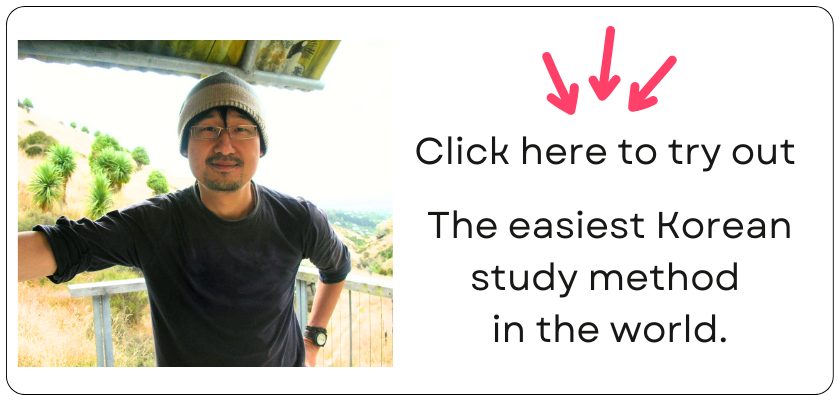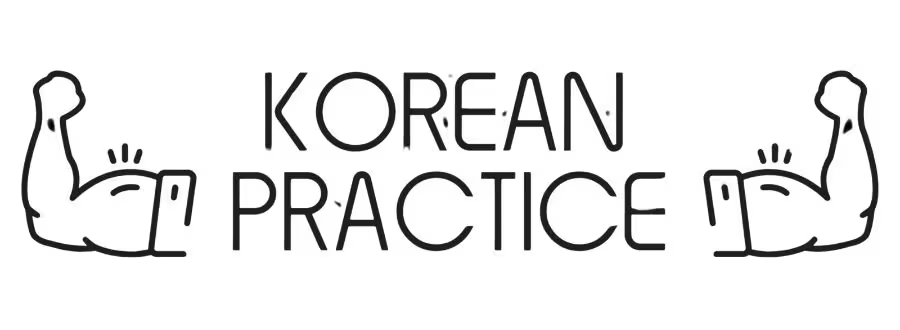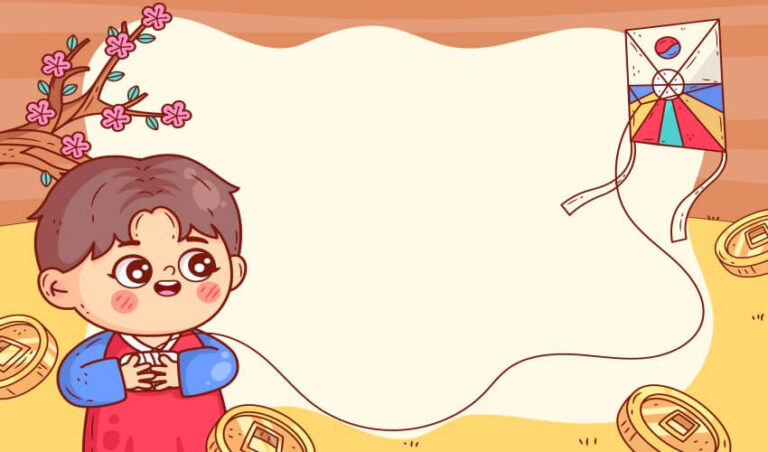In this article, I will guide you through the different ways to say I love you in Korean words and provide some helpful tips for learning the language. So, let’s get started!
Saying I Love You in Korean Words
Korean has several ways to express love, and the most common one is ‘사랑해’ (sa-rang-hae), which is equivalent to ‘I love you’ in English. This phrase is typically used in romantic relationships rather than between friends or family members. In addition to saying ‘saranghae’ or other I love you in Korean words there are many other ways to express love in Korean culture, such as giving gifts, preparing home-cooked meals, and writing love letters or notes.
Here are some other ways to say I love you in Korean words:
- “사랑해요” (saranghaeyo): This is a more polite version of “사랑해” and is often used when speaking to someone older or in a formal setting.
- “내 사람” (nae saram): This phrase translates to “my person” or “my love” and is a more casual way of expressing love.
- “보고 싶어” (bogo shipeo): While this phrase doesn’t directly translate to “I love you,” it means “I miss you” and can be used to express your feelings towards someone you love.
- “누나/오빠/언니/형 사랑해” (nuna/oppa/unni/hyung saranghae): These phrases are used by younger people to express love towards their older siblings or friends.
- “하트” (hateu): This is the Korean pronunciation of “heart” and can be used to symbolize love in a text message or social media post.

Other Romantic Phrases to Say I Love You in Korean Words
Learning how to say I love you in Korean words is just the beginning. There are many other ways to express I love you in Korean words and affection in the Korean language. Here are some other romantic phrases you might find useful:
“I love you” – 사랑해.
사랑해.
사랑해 (sa-rang-hae).
사랑하 (to love) 해 (I’m telling you casually). * 하 -> 해
I love you.
Lit. (I) love (you).
“Do you love me?” – 너 나 사랑해?
너 나 사랑해?
너 (neo) 나 (na) 사랑해 (sa-rang-hae)?
너 (you) 나 (me) 사랑하 (to love) 해 (I’m asking you casually)? * 하 -> 해
Do you love me?
Lit. (Do) you love me?
“I love you so much” – 너무 사랑해요.
너무 사랑해요.
너무 (neo-mu) 사랑해요 (sa-rang-hae-yo).
너무 (very) 사랑하 (to love) 해요 (I’m telling you polite and friendly). * 하 -> 해
I love you so much.
Lit. (I) love (you) very.
“I love you more” – 더 사랑해요.
더 사랑해요.
더 (deo) 사랑해요 (sa-rang-hae-yo).
더 (more) 사랑하 (to love) 해요 (I’m telling you polite and friendly). * 하 -> 해
I love you more.
Lit. (I) love (you) more.
“I really love you” – 진짜 사랑해요.
진짜 사랑해요.
진짜 (jin-jja) 사랑해요 (sa-rang-hae-yo).
진짜 (really) 사랑하 (to love) 해요 (I’m telling you polite and friendly). * 하 -> 해
I really love you.
Lit. (I) really love (you).

Image by jcomp on Freepik
“I miss you” – 보고 싶어.
보고 싶어.
보고 (bo-go) 싶어 (si-peo).
보 (to see) 고 싶 (want to) 어 (I’m telling you casually).
I miss you.
Lit. want to see (you).
“I love you” – 나는 너를 사랑해.
나는 너를 사랑해.
나는 (na-neun) 너를 (neo-reul) 사랑해 (sa-rang-hae).
나 (I) 는 (I’m going to talk about me) 너 (you) 를 (my object is you) 사랑하 (to love) 해 (I’m telling you casually). * 하 -> 해
I love you.
“I like you” – 나는 당신을 좋아해.
나는 당신을 좋아해.
나는 (na-neun) 당신을 (dang-si-neul) 좋아해 (jo-a-hae).
나 (I) 는 (I’m going to talk about me) 당신 (you; in a polite form) 을 (my object is you) 좋아하 (to like) 해 (I’m telling you casually). * 하 -> 해
I like you.
“You are my everything” – 넌 내 전부야.
넌 내 전부야.
넌 (neon) 내 (nae) 전부야 (jeon-bu-ya).
너 (you) ㄴ (my topic is myself) 내 (my) 전부 (everything) 야 (are; I’m telling you casually). * 너 + ㄴ = 넌
You are my everything.
“I will always love you” – 항상 사랑할게요.
항상 사랑할게요.
항상 (hang-sang) 사랑할게요 (sa-rang-hal-gge-yo).
항상 (always) 사랑하 (to love) ㄹ게 (will) 요 (I’m telling you polite and friendly). * 사랑하 + ㄹ게 = 사랑할게
I will always love you.
Lit. (I) will always love (you).
“I love you forever” – 영원히 사랑해요.
영원히 사랑해요.
영원히 사랑해요.
영원히 사랑해요.
I love you forever.
Lit. (I) love (you) forever.
“You are the treasure of my life” – 너는 내 인생의 보물이야.
너는 내 인생의 보물이야.
너는 (neo-neun) 내 (nae) 인생의 (in-saeng-e) 보물이야 (bo-mu-ri-ya).
너 (you) 는 (my topic is you) 내 (my) 인생 (life) 의 (of) 보물 (treasure) 이야 (are; I’m telling you casually).
You are the treasure of my life”
Lit. You are treasure of my life”
Romantic Gestures in Korean Culture
Now that you’ve learned how to say I love you in Korean words, it’s time to learn about expressing your affection through gestures. In Korean culture, romantic gestures hold a significant value in expressing love and affection. While holding hands, hugging, and kissing are not commonly displayed in public, other romantic gestures are highly appreciated. For instance, giving a bouquet of flowers or a small gift is a romantic gesture that shows your love and affection. You can also express your love by writing love letters or leaving thoughtful notes.
In Korean culture, exchanging small gifts is a common practice known as “jung” or “jeong.” These gifts are often given as a symbol of love and appreciation. Popular gift options include chocolates, flowers, and stuffed animals. Additionally, food is highly valued in Korean culture, and preparing a home-cooked meal for your loved one is an excellent way to express your love.







